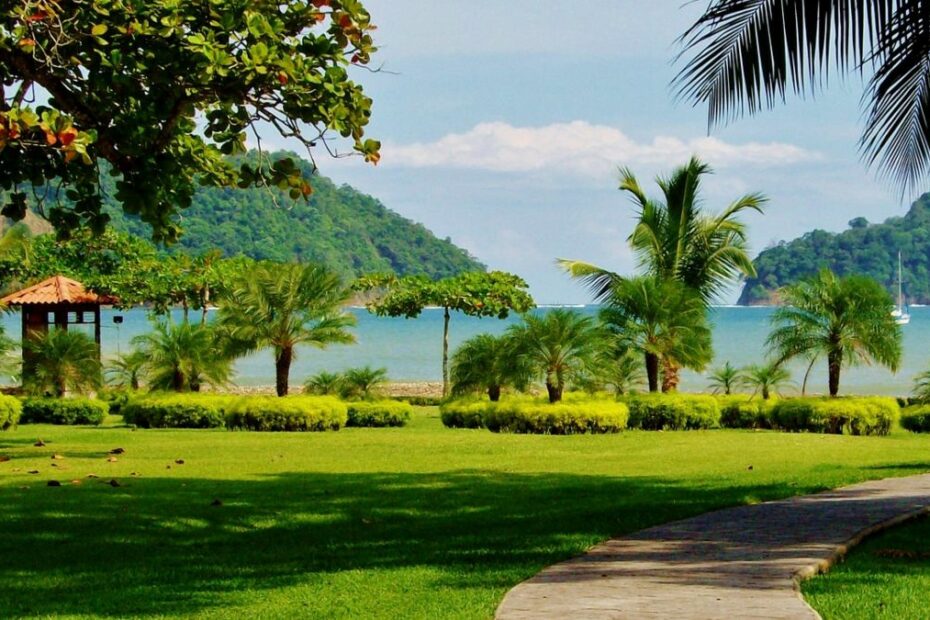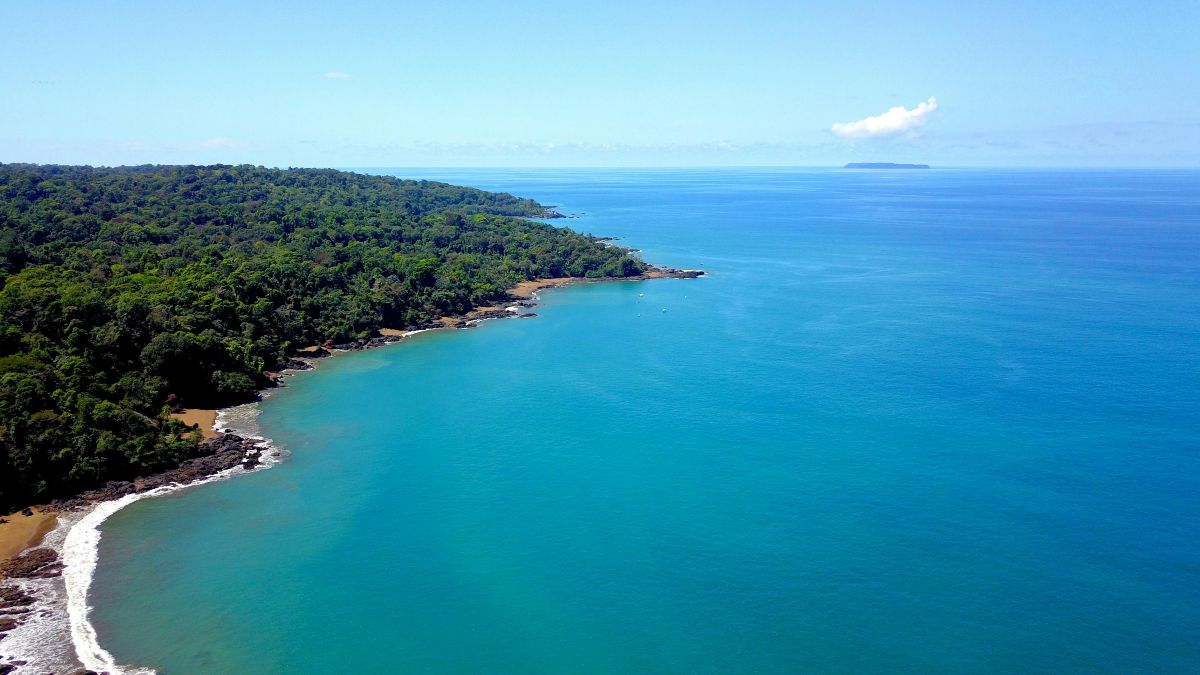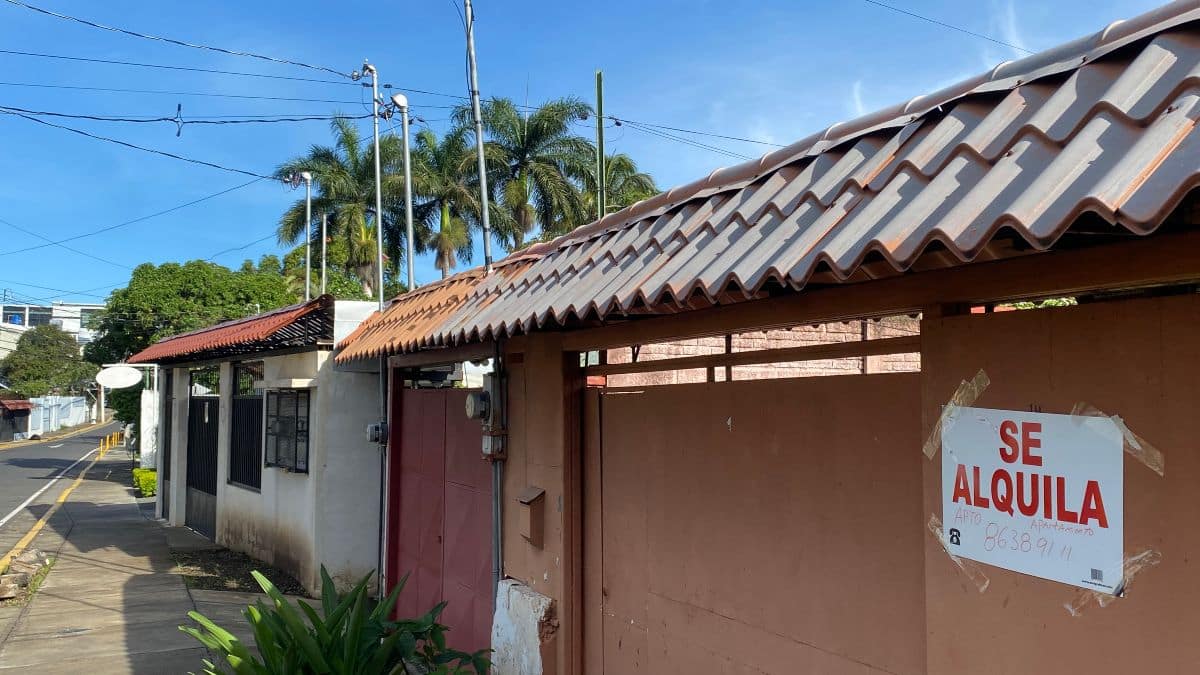Interested in purchasing property abroad, either as a new home or an investment? Here’s a complete guide to buying real estate in Costa Rica for foreigners in 2023.
Costa Rica is a magnet for expats and international investors. A tourism hotspot in Central America, it’s no surprise that many travelers look to establish longer-term roots in the country. With a reputation for safety and friendliness, gorgeous tropical beaches, and a fantastic climate, Costa Rica offers a taste of pura vida.
And then there are the prices. While its true that Costa Rica is the most expensive country in Central America, when you’re comparing real estate prices with some vacation spots in North America, prices are generally still lower. By “comparing”, we mean that if you’re looking at both, say, Hawaii and Costa Rica (two tropical surf spots), then Costa Rica wins. Costa Rica also wins against most Caribbean islands and even some places in Mexico, like Cabo. There are still deals out there if you’re buying real estate in Costa Rica.
Below, we present a complete guide for foreign expats and tourists interested in buying real estate in Costa Rica. From whether it’s possible in the first place to the zoning laws, importance of due diligence, receiving expert advice, and more, if you’re investing in Costa Rica with real estate, you need to read on. Let’s get started.
View this post on Instagram
Can foreigners buy real estate in Costa Rica?
The short answer here is yes. There are some countries where you need legal residency to invest in property. Costa Rica isn’t one of them. In Costa Rica, even people with tourist visas can buy property for living or investment.
Those looking to get residency under the inversionista category can even use real estate to that end, if they wish.
Is there any real estate I can’t buy in Costa Rica?
Most Costa Rica real estate, if legally for sale, is available for foreigners to buy. Note the word “most“, though. There is a glaring exception to the rule in the form of coastal property.
Potential buyers should realize that all beachfront land within 50 meters (164 feet) of the high tide line is public property. Private beaches do not exist in Costa Rica. Anyone can use any beach in the country and you cannot “own” any of it. Beware of anyone trying to “sell” beachfront property to you.
This 50 meter rule also applies to other waterfront property, including the canals on the Caribbean coast, mangrove forests, lakes, lagoons, and rivers. This is all public land in the eyes of the Maritime Zone Law and cannot be titled.
Beyond 50 meters, the rules change. Property located 50 to 200 meters from the high tide line, representing a 150-meter band, is restricted concession land. When you see property described as “beachfront” for sale in Costa Rica, it’s located in this band, at least 50 meters back from the high tide line.
But here’s the thing; Costa Rican law prohibits tourists (meaning non-citizens without at least five years of legal residency) from building on land in this restricted area. Equally, if you’re building on concession land as a corporation, that corporation must be at least 51% Costa Rican-owned.
So although you can technically buy property between 50 and 200 meters from the high tide line in Costa Rica, unless you have citizenship, legal residency, or represent a minimum of 49% of a corporation, you won’t be able to do anything with it. If you’re eligible to build, you’ll have to apply for a concession. The concession, if granted, allows you to further apply for a building permit.
It’s a complicated process and you’ll need solid legal advice if you want to follow this route. Do not, in any way, skimp on advice if you’re involving yourself in any way with the maritime zoning laws in Costa Rica. It’s not worth it.
Real estate agent David Karr outlines the top five mistakes he sees people make when buying property in Costa Rica, and how to overcome them.https://t.co/aMWjeEahbU
— Central America Living (@VidaAmerica) September 14, 2022
What else do I need to know about buying real estate in Costa Rica?
1. Take your time and don’t buy to flip
The first thing to know is that if you’re buying property to flip in Costa Rica, then don’t. A cursory scroll through many of the expat Facebook groups will show you it’s easier to buy than to sell real estate in Costa Rica. Unless you’re prepared to drop your price, it can take years to sell land. Flipping is not a thing here. Only buy property if you plan to either live on it yourself or develop it for investment purposes.
And if you’re new in Costa Rica, then rent for at least a year before committing yourself to buying anywhere. The Facebook groups are full of people who did not do this and now regret it.
2. Due diligence and more due diligence
Once you’re committed to buying in Costa Rica, start the buying process with your due diligence. We recommend you seek a trustworthy lawyer for this, one who is impartial and not involved with either party in the buying or selling process. Don’t ever overlook or skip out on this step.
The due diligence process involves your lawyer examining government and municipal records to ensure that the seller is the rightful owner of the property. They will also verify that there are no existing liens on the property and that the property’s documentation is accurately recorded. The lawyer will confirm that all municipal taxes associated with the property are paid up and that there are no outstanding debts.
Following this due diligence will ensure that, in a country where anyone can call themselves a real estate agent, and property fraud is not uncommon, you know exactly what you’re buying before finalizing anything.
Another step in the due diligence process, once your lawyer confirms the status of the property you’re interested in, is getting the place inspected.
Property inspections in Costa Rica range from $500 to $1,500. It depends on the size of the property and the inspection itself.
A basic inspection involves a surface-level assessment of the property, examining vents, doors, roofing, walls, and other visible components. A more comprehensive inspection involves the involvement of electrical and mechanical engineers. They’ll inspect the roof structure, electrical setup, and perform an in-depth analysis of AC units, electrical boxes, grounding systems, and other relevant aspects.
How complex an inspection you want is up to you. Note that it’s you, the buyer, who covers the cost of this as part of the due diligence process.
3. Prices and financing
The seller’s asking price for real estate in Costa Rica of is typically negotiable. The length of time the property has been on the market can provide leverage. As noted above, its common for real estate to remain on the market for extended lengths of time.
If a property has been on the market for less than six months, feel free to offer up to 10% off the asking price. Six months to a year, you can offer up to 15% off the price. Any longer than that, go for a minimum of 10% off, although know that the main reason the property has been for sale for so long is probably down to some measure of inflexibility on the seller’s behalf. But hey, go for it anyway!
Another reason why properties take longer to sell in Costa Rica is the lack of financing options. This limits the amount of interested suitors in a property and gives cash buyers more bargaining power.
If you need financing as a non-resident foreigner in Costa Rica, it’s not easy. Some local private banks may help you out, but they’re thin on the ground. If you do get lucky, expect the process to take time and to involve a ton of paperwork and bureaucracy.
Private financing is possible in Costa Rica, but interest rates typically start at 8% and may be prohibitive for many. If you’re taking a private loan to cover any aspect of the process, and need extra money to pay lawyers or an agent, it’s better to do this in your home country. It’s possible to apply for bad credit loans with guaranteed approval of $5,000.
Another alternative is to explore owner financing, which is becoming more prevalent in Costa Rica. Interest rates range from 0% to 6% annually, and the financing period can span from 2 to 5 years.
The final consideration is your closing costs. If you’re at this stage, you’ve all but bought your dream Costa Rica property. Congratulations!
Closing costs encompass the final legal fees, transfer taxes, and stamp costs. They come to less than 4% of the total purchase price. The buyer and seller usually split these costs between them, although it’s negotiable.
Exploring the Many Advantages of International Lending: https://t.co/qiZtEKwkER #financial #belize #centralamerica #bank #investment #luigiwewege #caye #international #property #fintech #business #assets #offshore #benefits #expat #wealth @VidaAmerica @CayeIntBank pic.twitter.com/fGiHsicyaw
— Luigi Wewege (@luigiwewege) October 20, 2022
4. Property taxes and fees
The say death and taxes are the two certainties in life, but at least one of these things may not be as painful as you think. At least not in Costa Rica. Property taxes are low, amounting to 0.25% of the property’s assessed value. If your property value is, say, $100,000, you pay $250 in annual taxes. When compared to property tax rates elsewhere, these amounts are minimal.
Properties valued above $200,000 in Costa Rica are subject to an additional luxury home tax. This tax ranges from 0.25% to 0.55% depending on the property’s value. Even at the highest levels, though, the total property tax rate remains below 0.8%.
If you’re seeking residency through the inversionista route, there’s a sweet spot for buying property. A $150,000 investment makes you eligible for residency, so staying above that but below $200k is worthwhile if you wanted to avoid the luxury home tax.
Another consideration is when you’re buying inside a gated community. Condo fees to cover security, cleaning, gardening, and so on will start at around $200 per month.
Choosing the right real estate agent
We’ve covered this a few times on this website, but it’s worth recapping now, especially if you’re a foreigner. You might think you can do all this on your own, but the truth is that a good, trusted, realtor in Costa Rica will make everything easier.
But that’s often easier said than done in a country where no realtor licensing exists, where any cowboy can set up shop and call themselves a real estate agent.
So be careful when you’re searching for a realtor to help you, and consider the following factors:
- SUGEF registration. All legal agents should be registered with SUGEF (The General Superintendency of Financial Entities). This organization works similarly to the U.S. Federal Reserve and protects money laundering.
- Association memberships. As a rule, real estate agents are members of national or regional associations in Costa Rica. This is in lieu of the lack of real estate licensing. Ensure any realtor you work with belongs to CRGAR (Costa Rica Global Association of Realtors).
- Reputation. When looking for a realtor in Costa Rica, pay attention to their reputation. Ask around, and somebody will recommend a reliable agent to you. Note that as soon as you ask on social media, a million “realtors” will pop up on your comments, trying to sell you something. That’s Costa Rica, we’re afraid.
Toss a rock into the air in Central America and you’ll hit an expat real estate agent, digital nomad, or yoga teacher. Here are some tips on how, as an expat realtor, you can stand out from all the others and succeed.https://t.co/iM8Z3wYDgc
— Central America Living (@VidaAmerica) April 25, 2023
Are you ready to buy real estate in Costa Rica?
We hope this guide to buying real estate in Costa Rica helps. As long as you have the right people around you (lawyers, realtors, etc.), it’s a smooth enough process. And soon enough, you too can be enjoying your new life in the tropical sunshine!



